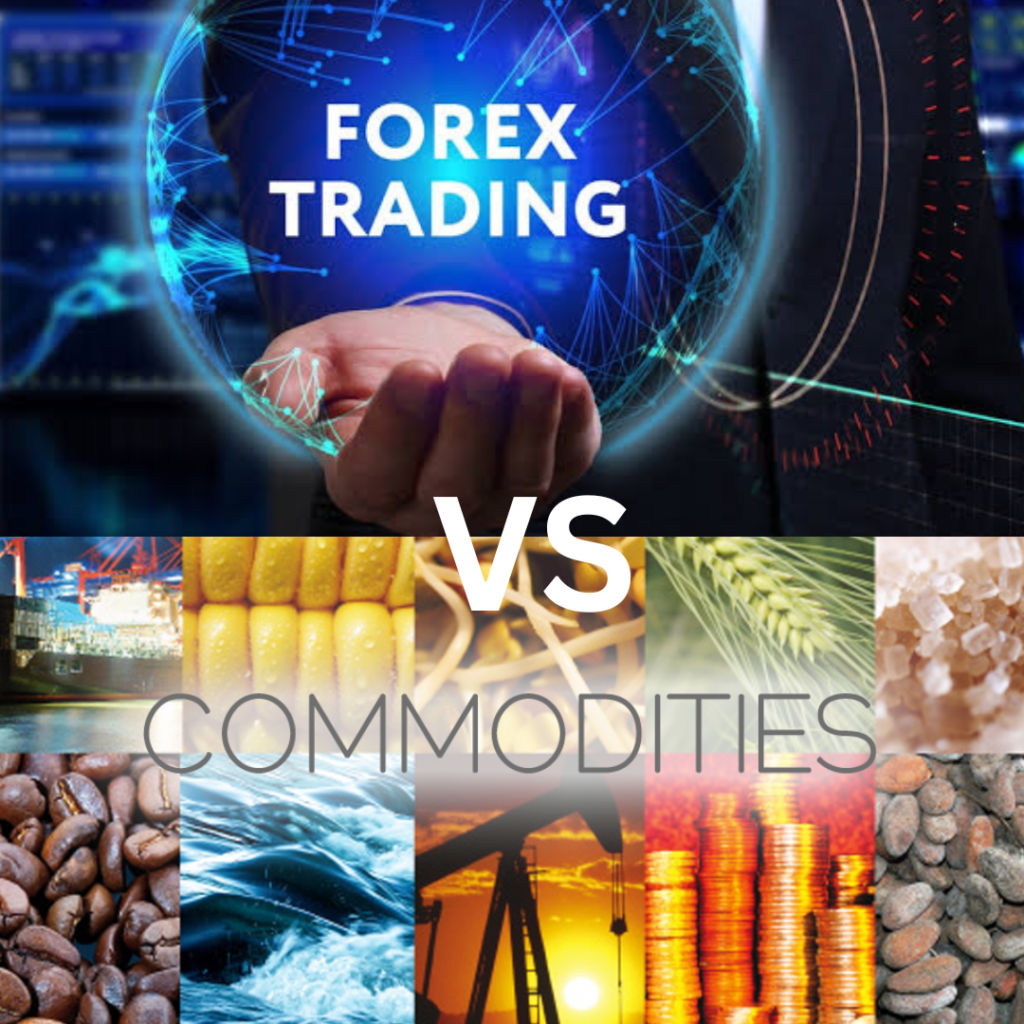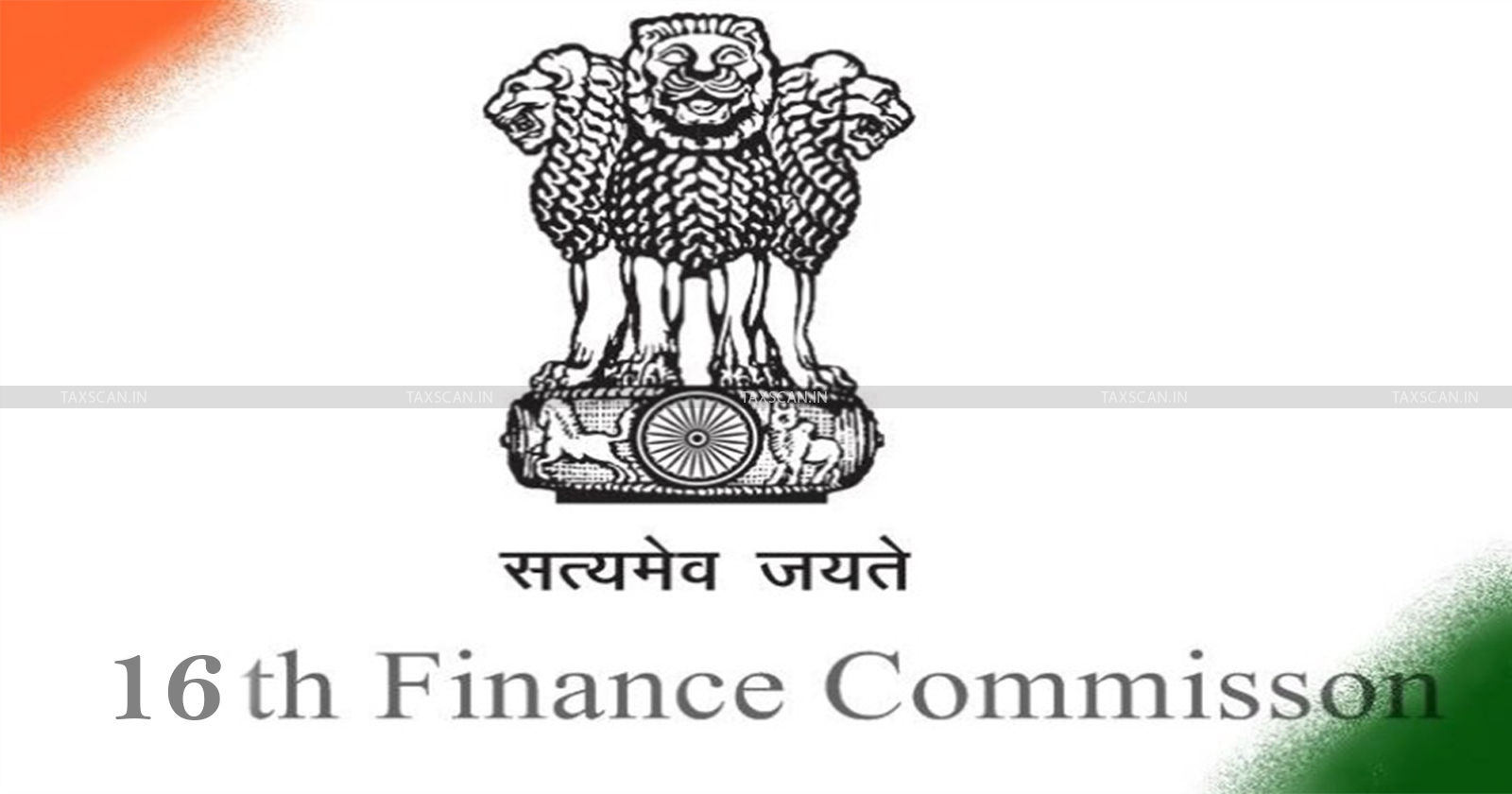Commodity Vs Forex Trading
Commodity and forex trading are two different ways to invest in the financial markets. Learn about the key differences between the two and which one is right for you

In India, forex and commodity trading are experiencing a surge in popularity that mirrors the growth of the equity market. There are both similarities and differences between the two. Commodity traders conduct transactions categorized as bullion, metal, energy, and agriculture. In the interim, a multitude of currencies are traded on the foreign exchange market.
What is the Commodities Market?
Among other commodities, investors engage in transactions involving silver, copper, gold, lead, zinc, crude oil, natural gas, jute, and sugar. Approximately fifty commodity markets engage in the trading of one hundred commodities on a global scale. As a consequence, commodities market participants benefit from portfolio diversification.
Commodity market investments are possible via futures contracts. According to this particular contractual arrangement, the purchaser is obligated to acquire a product at a specified cost, and the vendor is likewise obligated to deliver the product at a later time. India is home to several commodities exchanges, including the National Multi-Commodity and Derivatives Exchange of India Limited (NCDEX), Multi-Commodity Exchange of India Limited (MCX), and NCDEX.
What is the Forex Market?
The forex market trades various currencies with no physical transaction. It is open five days per week. The currency market, the world's largest financial market, is populated by corporations, banks, investment firms, hedge funds, and forex brokers. Each currency's exchange rate is influenced by its demand and supply, which is influenced by inflation, interest rates, political circumstances, and economic strength.
Forex traders now have additional options, as they can trade in the spot, forwards, and futures markets. In contrast to futures markets, commodities or assets are delivered instantly in spot markets. Currency is exchanged in forex spot markets at the price that is in effect at the time of the transaction.
Commodity Trading Vs Forex Trading
Both the currency and commodities markets have distinct advantages. The commodities market provides various investing alternatives, allowing you to diversify your portfolio. They have predictable and trackable seasonal rhythms. The transaction cost is reduced, and commodities are also good for carry transactions.
Forex markets, on the other hand, are extremely liquid because the security being traded is currency. Forex investments can also be hedged for risk protection.
Both provide extensive exposure to worldwide markets and offer extended market hours, making trading more flexible. Currency and commodities both provide high leverage trading, with forex having the advantage in this aspect.
Factors Affecting Investors’ Choice
Several factors affect and individual’s choice between investing in forex vs commodities. Here are a few:
1. It may be a matter of personal choice. Commodities being a physical market, the ramifications of which can be seen in everyday life, some traders can relate to it and thus choose to invest.
2. Regulations for forex markets are not as tight, and can be avoided more easily. As a contrast, commodities markets are under more rigid regulations.
3. Since commodities are traded on an exchange, they have a daily range limit. No trades can be placed once these limits are exceeded. On the other hand, it is much easier to exit your trade after quick losses in the forex market when compared to commodity markets.
4. Several currencies such as the Australian, Canadian and New Zealand dollars are based on various commodities -- Spot Gold, crude oil and dairy respectively. Investors may trade in these and avail the benefits of both forex and commodities trading to some extent.
Conclusion
Foreign exchange trading pertains to currencies, whereas commodity trading concerns itself with physical commodities, including but not limited to oil, gold, and coffee. In contrast to currency trade, which is influenced by tourism, geopolitical situations, and trade movements, commodities trade is primarily determined by supply and demand.















.jpeg?updatedAt=1701534876521)





